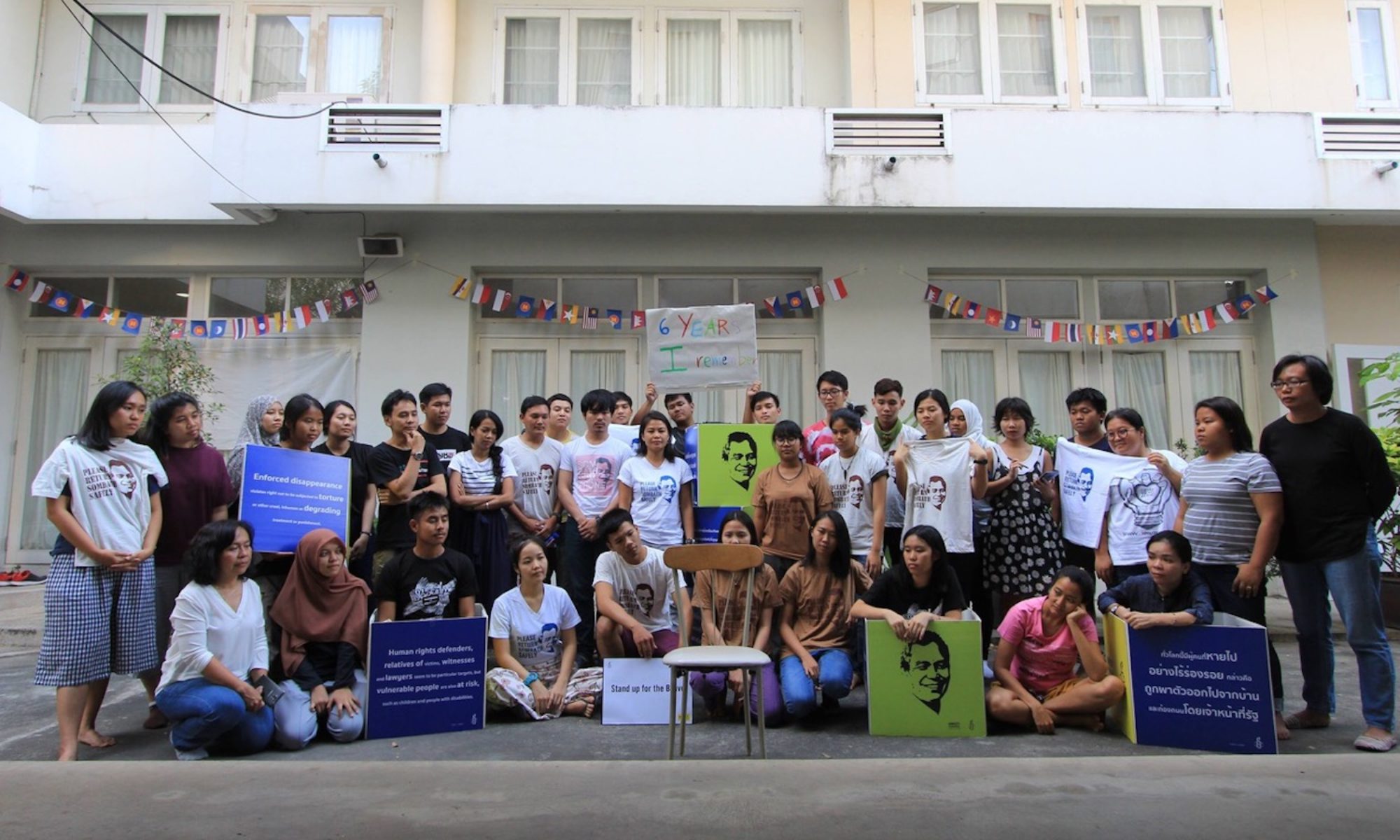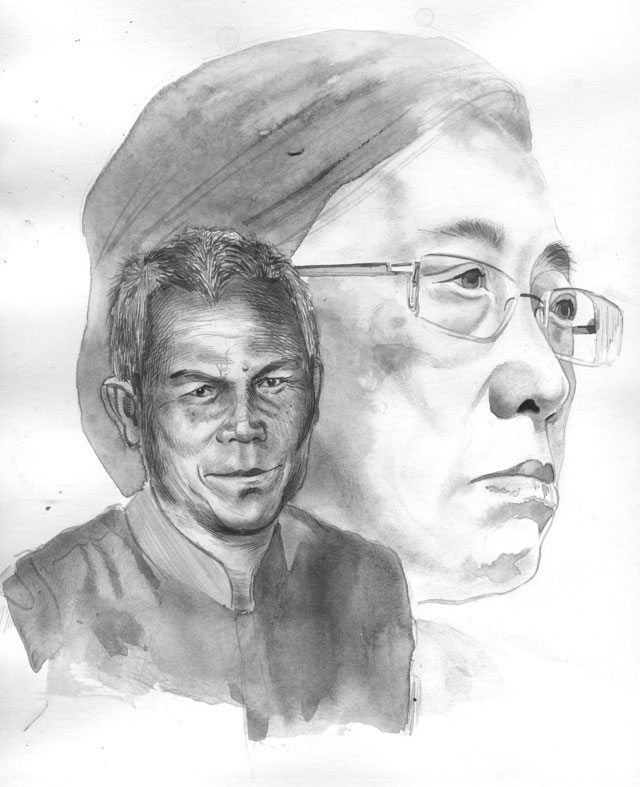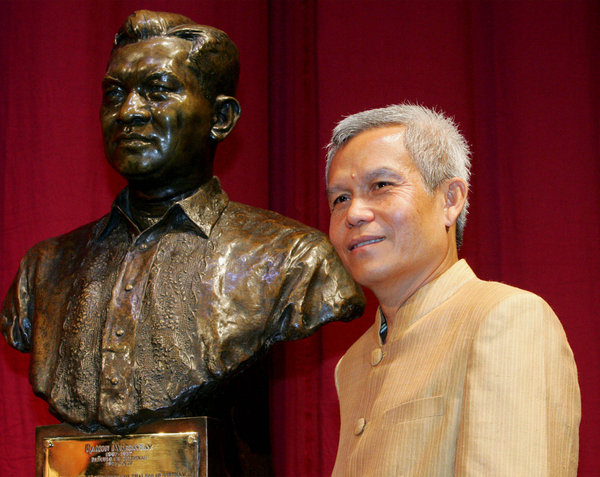The Philippine Inquirer: 20 July 2014
By Tarra Quismundo

They are two hearts missing a part, brought together by the same goal: That someday, no mother, wife, friend or family member would experience the same uncertainty and “torture” they continue to endure for losing a loved one.
Edita Burgos, mother of missing activist Jonas Burgos, and Singaporean Ng Shui Meng, wife of disappeared Lao development worker, economist and Magsaysay laureate Sombath Somphone, met for the first time on Thursday in Manila, incidentally roommates for a four-day conference aimed at drumming up support for families of the world’s desaparecidos.
The moment seemed like a culmination, a fated crossing of paths between the two women who have made it their life’s mission to search for the missing, raise awareness about the families who miss them and call for global action against enforced disappearances.
“We were brought together. I do not believe in accidents or coincidences. I believe everything is providence. God puts you there because there’s something you can do and something good will come out of it. That’s how I look at it,” Burgos told the Inquirer.
Both were participating in an international conference on psychosocial support for families of the disappeared, an event mounted in Manila by the Asian Federation Against Involuntary Disappearances. The federation of regional human rights groups was founded in the Philippines in 1998.
“I have heard about that case and I have been praying for her …. When I came into the room, she was very gracious. I introduced myself, and then I saw her name and told her, ‘I’m sorry I didn’t recognize you right away,’” Burgos said, recounting her first meeting with Ng on Thursday morning at the Bayview Park Hotel Manila.
They were to stay in the same space together for the next four days. Continue reading “2 women share a wound that never heals, disappears”





